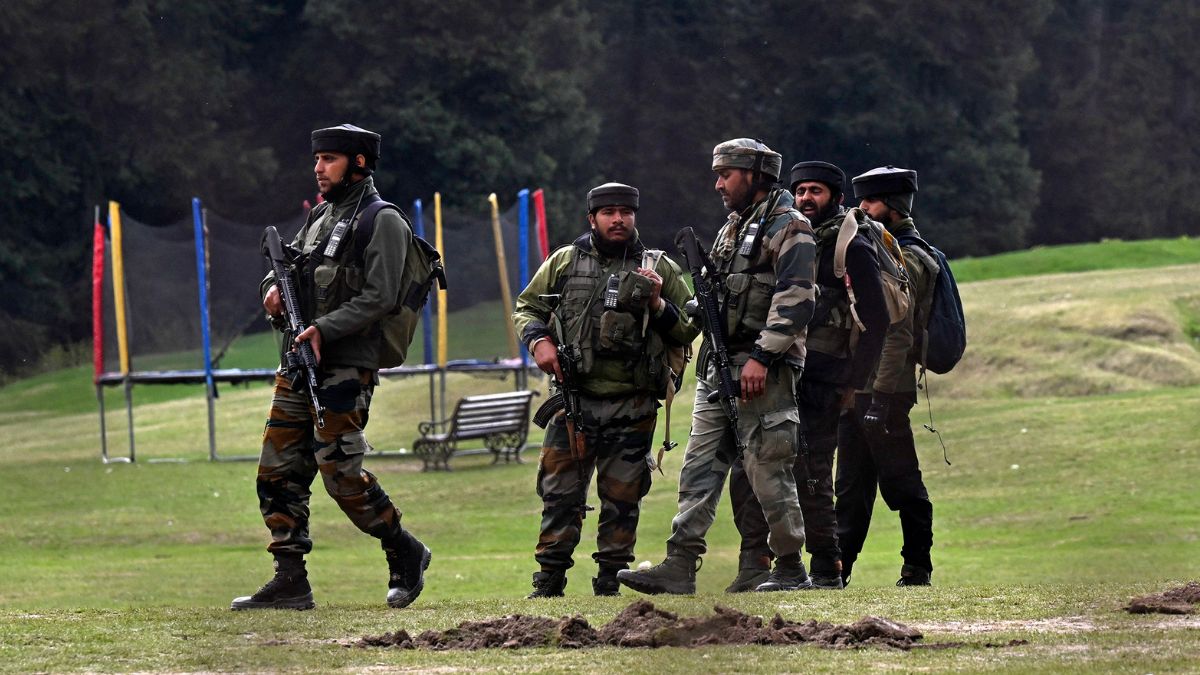Tuesday’s bloodshed in Pahalgam, which left at least 26 tourists dead in heavy gunfire, is among the deadliest attacks on civilians in India.
The attack took place in the Baisaran meadow in Jammu and Kashmir and has deeply shocked the country. Many are heartbroken, and families who lost their loved ones are mourning.
ALSO READ | 2 Pakistani nationals, 1 Kashmir local: Who are the Pahalgam terrorists?
In response, India has taken strong steps against Pakistan. The Cabinet Committee on Security (CCS), headed by Prime Minister Narendra Modi, decided to suspend the Indus Waters Treaty of 1960 with immediate effect.
The Integrated Check Post at Attari has also been closed. Pakistani nationals will no longer be allowed to enter India under the South Asian Association for Regional Cooperation (Saarc) visa exemption scheme.
To counter India’s steps after the Pahalgam attack , Pakistan said it would suspend the 1972 Simla Agreement and also close the Wagah border with India.
While speaking in Bihar’s Madhubani, Prime Minister Narendra Modi promised strong action against those behind the Pahalgam attack, saying India will “pursue the terrorists to the end of the earth.”
Meanwhile, Pakistan PM Shehbaz Sharif warned that any effort to stop or change the flow of water that belongs to Pakistan under the Indus Waters Treaty , and any denial of lower riparian rights, would be considered as “an Act of War”.
Impact Shorts
More ShortsWith both countries taking tough steps after the Pahalgam attack, there is growing concern that the situation could lead to a bigger conflict between the two nuclear-armed neighbours.
Here is a comparison of India and Pakistan in terms of economy, military and more:


)

)
)
)
)
)
)
)
)



